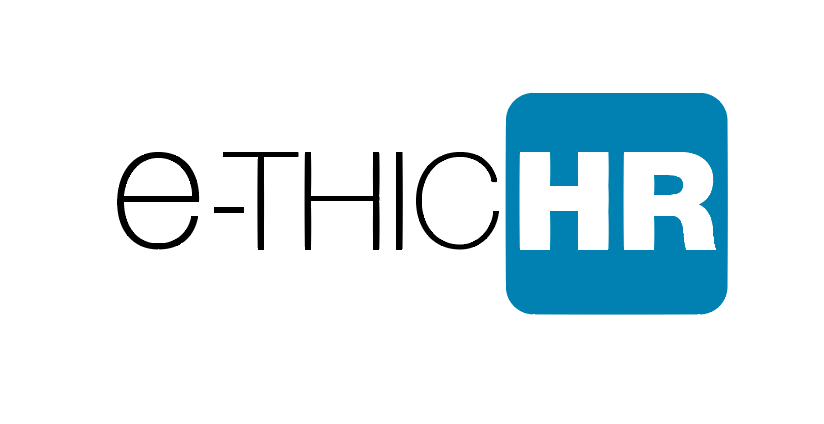Millennials—members of the generation born roughly between 1980 and the mid 2000s—aren’t always portrayed in the nicest of lights: lazy, entitled, and unwilling to put in the hard work of their predecessors, say their critics. But, they are currently also changing the workplace for the better.
How? Here are 5 ways
1. They’re Slimming the Wage Gap
“Millennials are the first generation that isn’t afraid to fight for equality in the workplace and this study confirms that they are starting to close the gender pay gap that has existed in the American society for decades,” says Dan Schawbel*
2. They’re Fast on Their Toes
72 % of millennials value the chance to learn new skills, compared to just 48 % of Boomers and 62 % of Gen Xers, according to a recent study conducted by Millenial Branding and PayScale. Additionally, “millennials are the generation considered best at key skills businesses require to remain agile and innovative,” concludes a study from Elance-oDesk and Millennial Branding.
3. They Think Outside the Box
The same Elance-oDesk study also finds that millennials are both more creative and entrepreneurial than Gen X
4. They Aren’t as Selfish as Everyone Thinks
While growing up with Mark Zuckerberg as a model may make millennials feel more pressured to reach success at a young age compared to their older counterparts, they’re also more willing to give back. In fact, 84 % of millennials say that helping to make a positive difference in the world is more important than professional recognition, reports Bentley University’s Center For Women And Business.
5. They Can Build a Mean Network
Looking at the numbers, 58 % of millennials expect to leave their jobs in 3 years or less, according to the Elance-oDesk study. But these exits may not necessarily be due to a lack of loyalty, per say. Job hopping millennials can forge mutually beneficial connections between companies, ultimately creating better products and services.
*Founder of Millenial Branding
Read the full article « 5 Ways Millenials are changing the worforce » by Kylie Gilbert

